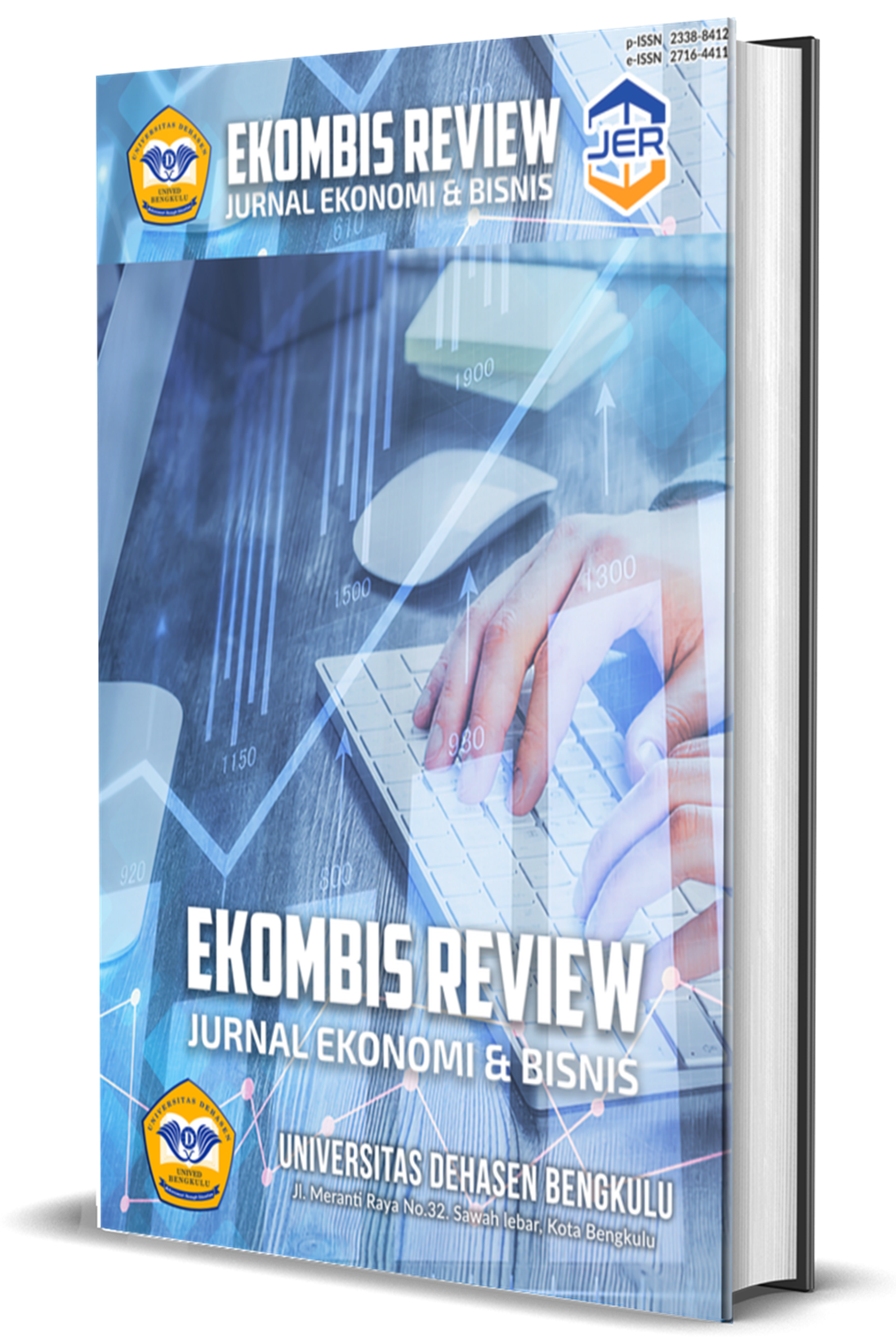Does Subsidized Health Insurance Cause Ex Ante Moral Hazard? Empirical Analysis Of Smoking Intensity In Poor Communities In Indonesia
Abstract
The existence of ex ante moral hazard (EAMH) can cause inefficiency and threaten the sustainability of the health insurance program developed by the Indonesian government. The deficit in health social funds and the increase in the number of smokers in Indonesia may indicate the presence of EAMH. Several studies have explored EAMH, but their conclusions remain inconclusive. This study will utilize panel data from IFLS waves 2, 3, 4, and 5. By combining matching and Difference-in-Differences (PSM-DiD) methods to eliminate various potential biases, this research aims to reveal the impact of participating in subsidized health insurance on changes in smoking intensity among beneficiaries of Askeskin/JKN PBI. The findings suggest that, overall, the Askeskin policy does not indicate the presence of EAMH in relation to smoking behavior. However, within a specific subset of the data, there are indications of EAMH linked to rising smoking expenses among poor urban individuals.
Downloads
Copyright (c) 2025 Rizki Wibias Anwar Maulida, Rus'an Nasrudin

This work is licensed under a Creative Commons Attribution-ShareAlike 4.0 International License.
An author who publishes in the EKOMBIS REVIEW: Jurnal Ilmiah Ekonomi dan Bisnis agrees to the following terms:
Author retains the copyright and grants the journal the right of first publication of the work simultaneously licensed under the Creative Commons Attribution-ShareAlike 4.0 License that allows others to share the work with an acknowledgement of the work's authorship and initial publication in this journal
Submission of a manuscript implies that the submitted work has not been published before (except as part of a thesis or report, or abstract); that it is not under consideration for publication elsewhere; that its publication has been approved by all co-authors. If and when the manuscript is accepted for publication, the author(s) still hold the copyright and retain publishing rights without restrictions. For the new invention, authors are suggested to manage its patent before published. The license type is CC-BY-SA 4.0.
EKOMBIS REVIEW: Jurnal Ilmiah Ekonomi dan Bisnis is licensed under a Creative Commons Attribution-ShareAlike 4.0 International License.














